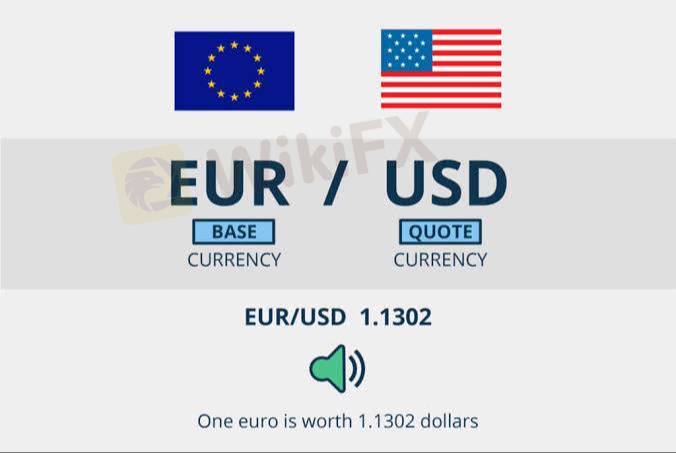
2025-04-28 11:30
IndustryImpact of credit ratings on currencystrength predi
#CurrencyPairPrediction
Sovereign credit ratings, issued by agencies like Moody's, S&P, and Fitch, play a significant role in predicting currency strength by reflecting a country's creditworthiness and economic stability. These ratings assess a government's ability and willingness to meet its financial obligations, thus influencing investor confidence and capital flows, which are key drivers of currency valuation.
A higher credit rating typically signals lower default risk, making a country's bonds and other assets more attractive to international investors. This increased demand for the country's assets often leads to higher demand for its currency, resulting in appreciation. Conversely, a lower credit rating indicates higher perceived risk, potentially causing investors to sell off assets denominated in that currency, leading to depreciation. Downgrades can be particularly impactful, as they signal a deterioration in the country's financial health, often triggering capital flight and a weakening currency.
The anticipation of a credit rating change can also influence currency markets. If a rating agency places a country on a negative outlook or watch list, it signals a potential future downgrade. This can lead to preemptive selling of the currency as investors anticipate the negative consequences of a lower rating. Similarly, a positive outlook can build optimism and support the currency's strength.
However, the impact of credit ratings on currency strength is not absolute and can be influenced by various other factors, including global market sentiment, economic data releases, central bank policies, and geopolitical events. Moreover, the timing and magnitude of the market reaction to rating changes can vary. While credit ratings provide a valuable assessment of a country's fundamental strength, they are just one piece of the puzzle in predicting currency movements, and their effectiveness can be more pronounced in emerging markets compared to developed economies.
Like 0
layi114
Trader
Hot content
Industry
Event-A comment a day,Keep rewards worthy up to$27
Industry
Nigeria Event Giveaway-Win₦5000 Mobilephone Credit
Industry
Nigeria Event Giveaway-Win ₦2500 MobilePhoneCredit
Industry
South Africa Event-Come&Win 240ZAR Phone Credit
Industry
Nigeria Event-Discuss Forex&Win2500NGN PhoneCredit
Industry
[Nigeria Event]Discuss&win 2500 Naira Phone Credit
Forum category

Platform

Exhibition

Agent

Recruitment

EA

Industry

Market

Index
Impact of credit ratings on currencystrength predi
 Malaysia | 2025-04-28 11:30
Malaysia | 2025-04-28 11:30#CurrencyPairPrediction
Sovereign credit ratings, issued by agencies like Moody's, S&P, and Fitch, play a significant role in predicting currency strength by reflecting a country's creditworthiness and economic stability. These ratings assess a government's ability and willingness to meet its financial obligations, thus influencing investor confidence and capital flows, which are key drivers of currency valuation.
A higher credit rating typically signals lower default risk, making a country's bonds and other assets more attractive to international investors. This increased demand for the country's assets often leads to higher demand for its currency, resulting in appreciation. Conversely, a lower credit rating indicates higher perceived risk, potentially causing investors to sell off assets denominated in that currency, leading to depreciation. Downgrades can be particularly impactful, as they signal a deterioration in the country's financial health, often triggering capital flight and a weakening currency.
The anticipation of a credit rating change can also influence currency markets. If a rating agency places a country on a negative outlook or watch list, it signals a potential future downgrade. This can lead to preemptive selling of the currency as investors anticipate the negative consequences of a lower rating. Similarly, a positive outlook can build optimism and support the currency's strength.
However, the impact of credit ratings on currency strength is not absolute and can be influenced by various other factors, including global market sentiment, economic data releases, central bank policies, and geopolitical events. Moreover, the timing and magnitude of the market reaction to rating changes can vary. While credit ratings provide a valuable assessment of a country's fundamental strength, they are just one piece of the puzzle in predicting currency movements, and their effectiveness can be more pronounced in emerging markets compared to developed economies.
Like 0
I want to comment, too
Submit
0Comments

There is no comment yet. Make the first one.

Submit
There is no comment yet. Make the first one.